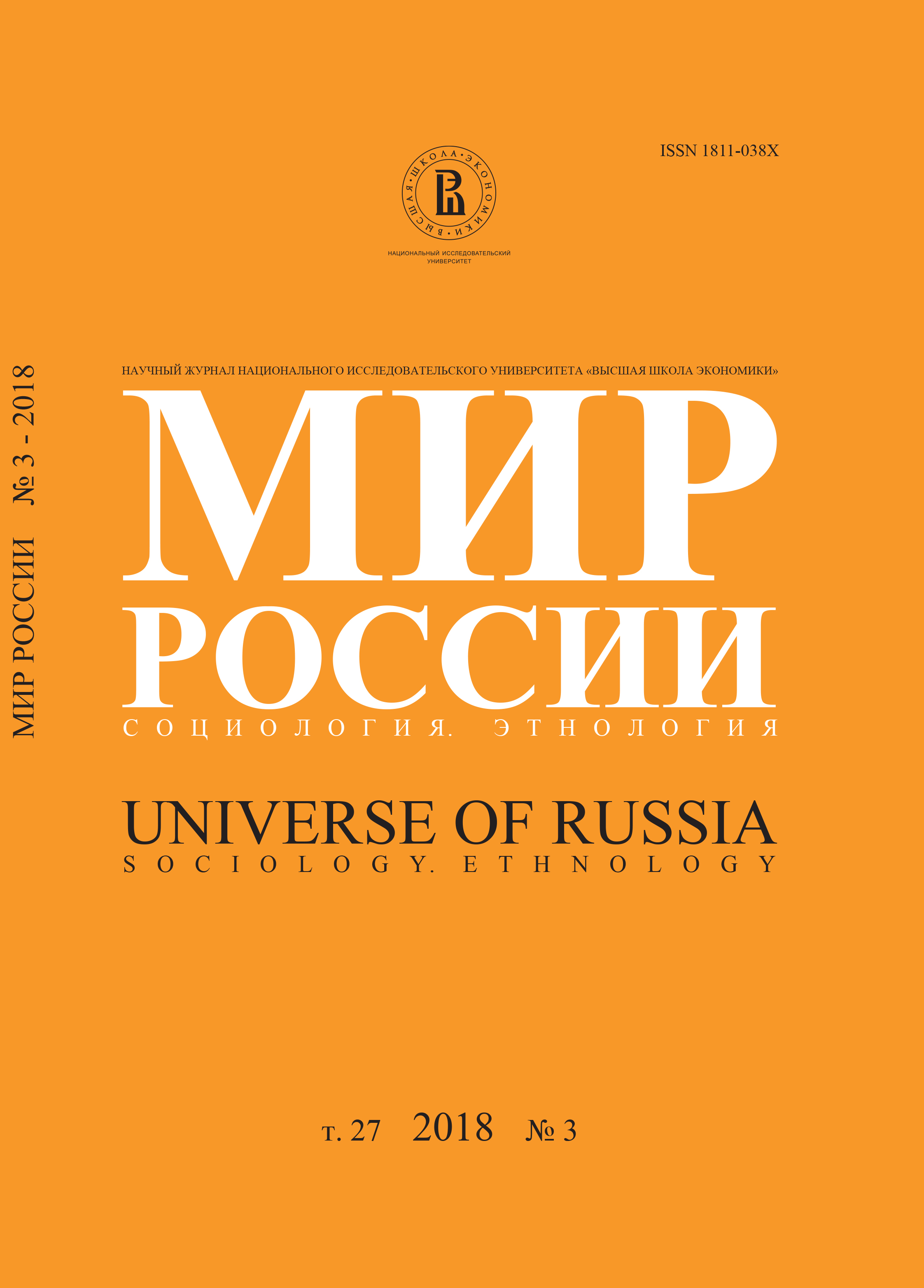Human Resource Policies in the System of Health Provision: Overcoming the Shortage of Physicians
Abstract
Igor Sheiman – PhD in Economics, Professor, Department of Health Care Administration and Economy, National Research University Higher School of Economics. Address: 20, Myasnitskaya St., Moscow, 101000, Russian Federation. E-mail: igor.sheim@g23.relcom.ru
Svetlana Sazhina – Leading Analyst, Centre for Health Policy, National Research University Higher School of Economics. Address: bldg. 2, 4, Slavyanskaya Sq., Moscow, 109074, Russian Federation. E-mail: ssazhina@hse.ru
Citation: Sheiman I., Sazhina S. (2018) Human Resource Policies in the System of Health Provision: Overcoming the Shortage of Physicians. Mir Rossii, vol. 27, no 3, pp. 130–153 (in Russian). DOI: 10.17323/1811-038X-2018-27-3-130-153
This article analyses the interrelation between human resource policies and educational policies in the system of healthcare provision to solve the problem of the structural imbalance in the supply of physicians. International experience reveals a growing emphasis on policies which help maintain the optimal structure of medical workers, i.e. the structure that corresponds to the needs of the healthcare system and society as a whole. Such policies include new regulatory and planning mechanisms for medical schools, the regulation of admission plans and the specialization structure in postgraduate medical
education, specific post-education employment practices, and measures to overcome the shortage of supply of some categories of physicians and their geographic misbalance. In Russia, the structural component of human resource policies and educational policies has clearly weakened. The current regulatory and planning methods tend to reproduce the accumulated structural imbalances. Regulatory measures to improve the quality of the training of physicians are still ineffective. No prospective planning exists. Postgraduate training is poorly oriented towards the specializations currently in short supply. Medical schools are interested in training physicians capable of paying for their education and the
government does not have the instruments to manipulate the structure of the student body. Recent attempts to improve the situation have not resulted in any positive outcomes yet. The decision to accredit graduates for practicing in primary care without postgraduate training will most likely deteriorate the quality of healthcare. Based on international experience, the authors suggest new regulatory mechanisms.






